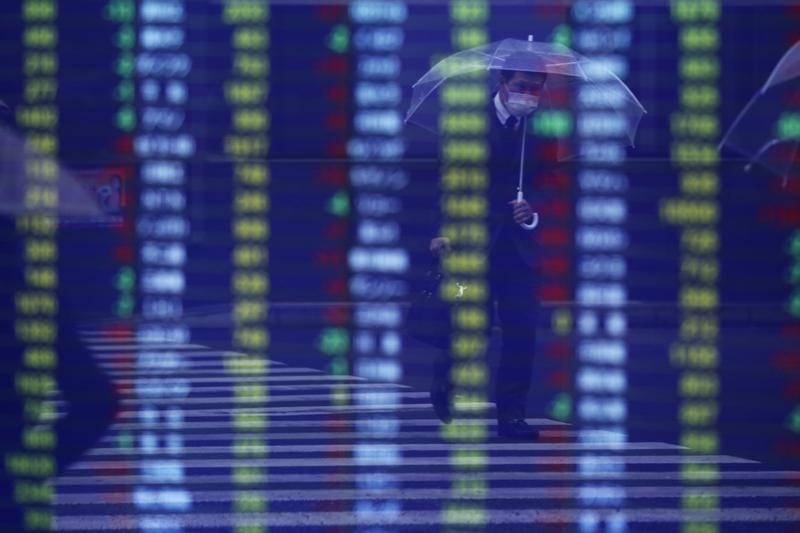Investing.com – Comments by US President Donald Trump kept the ongoing US-China trade war as a focal point in Asia on Wednesday morning, sending markets down across the board with Australia leading the way.
Most markets were in the red across the region after Trump said overnight that he may delay making a deal with China until after the presidential election towards the end of 2020.
The possibility of a phase one deal before Dec. 15, when new US tariffs on Chinese goods take effect, had been fuelling investor optimism. Trumps comments dampened that positive outlook.
“In some ways, I like the idea of waiting until after the election for the China deal, but they want to make a deal now and we will see whether or not the deal is going to be right,” he said on Tuesday, adding that he does not have a deadline.
His comments helped push Wall Street down, with the Dow Jones Industrial Average finishing 1.01% down and the S&P 500 losing 0.66% during Tuesday’s session in the US.
Asian stocks followed suit.
Hong Kong’s Hang Seng, which has been battered this week by bleak news on the domestic economy, started the morning down as much as 1.32% to 26,049 by 9:10 PM ET (02:10 GMT). The city has gone through more than six months of protests and social unrest and is currently in a recession. Retail sales volume in October fell 26.2% year-on-year.
China’s Shanghai Composite fell 0.27% to 2,877 in early morning trade while the SZSE Component fell 0.13% to 9,644.
Down under, Australia’s S&P/ASX 200 continued to plummet, falling 1.67% to 6,600.
Japan’s Nikkei 225 was down 1.36% to 23,068.
South Korea’s KOSPI fell 1.02% to 2,063.
“It’s very difficult to have conviction about which way the trade situation will go,” said Laura Kane, head of Americas thematic investing at UBS Global Wealth Management in an interview with Bloomberg TV.
On Tuesday, lawmakers in the US passed legislation that would require the president to sanction Chinese government officials involved in a crackdown of Uighurs in Western China. The new legislation follows two other bills signed by Trump last week to support protesters in Hong Kong. Both bills could add to the tension between the US and China.
